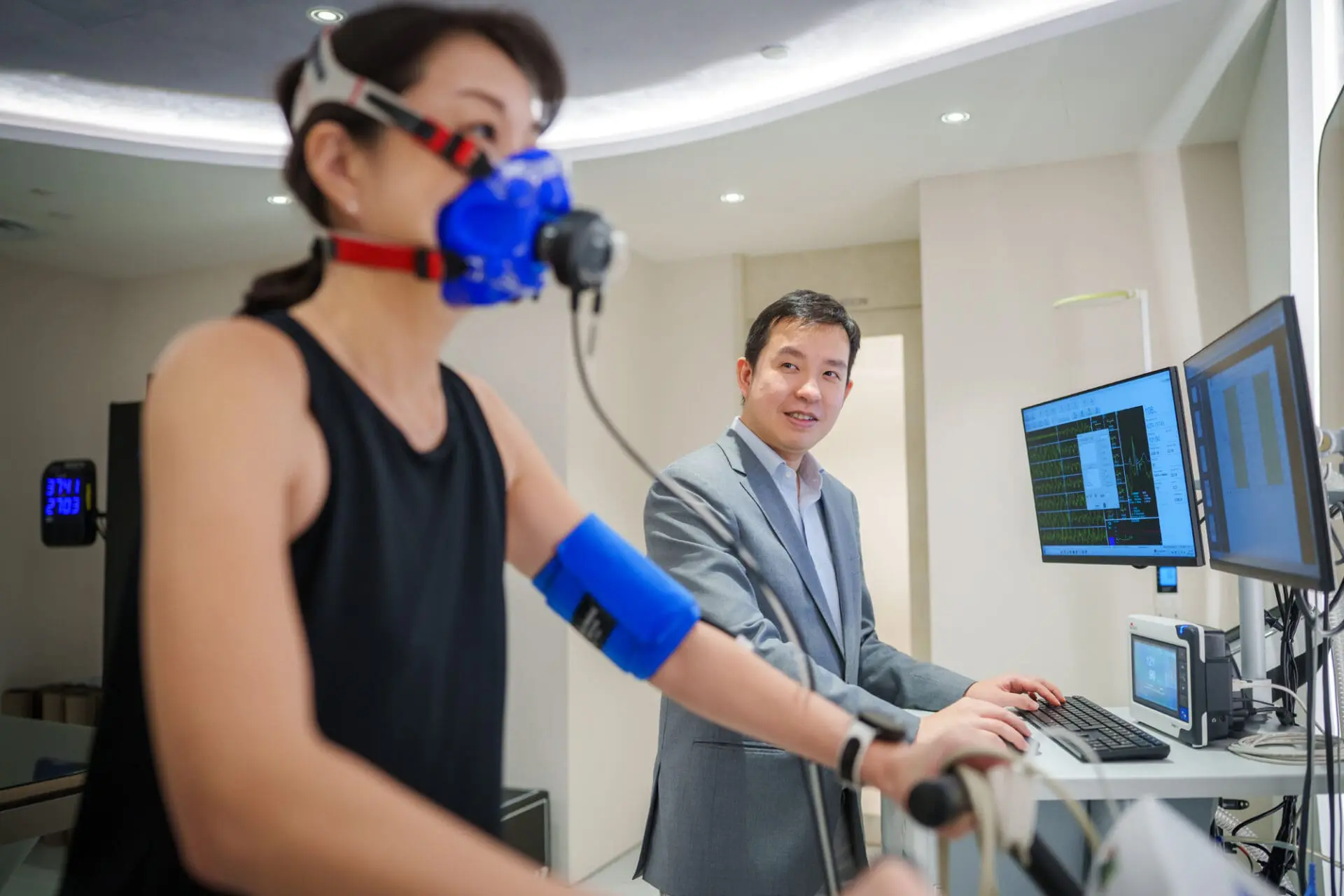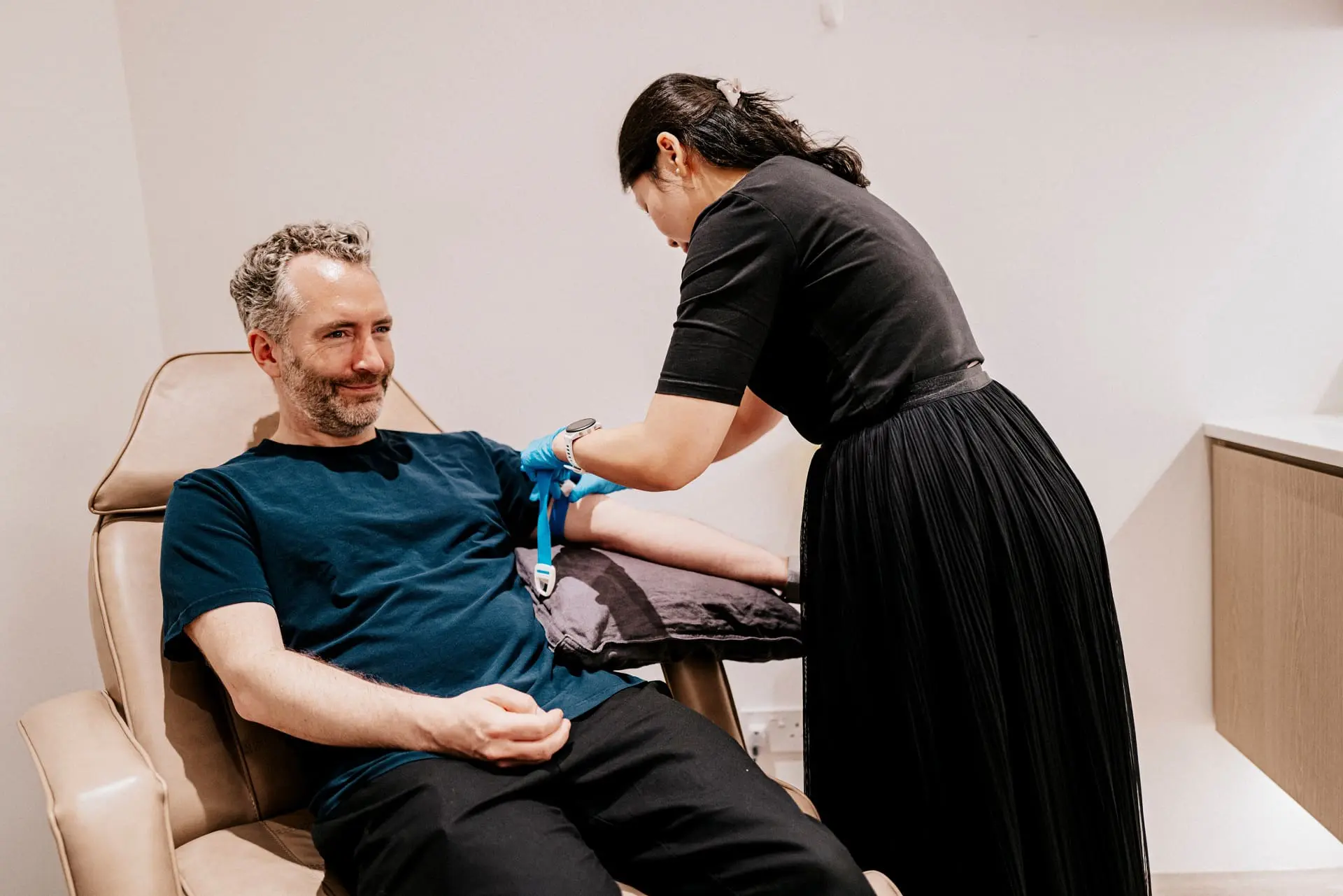Since the dawn of time, humankind has been enamoured with the idea of “eternal life.” The quest for the elixir of life, a legendary substance believed to grant immortality or significantly extend human lifespan, captivated the human imagination for centuries. Historically, it was associated with alchemists and charlatans who served up elusive potions and remedies, often with dubious results. However, in recent years, the concept of genuinely prolonging human life and reversing biological age has gained credibility and is now attracting the attention of a dedicated group of scientists and wealthy individuals.
Although still in its infancy, the longevity industry is seeing an influx of funding from investors, academic institutions, and governments. Global longevity investment hit $5.2 billion in 2022. High profile billionaires such as Larry Page and Sergey Brin, co-founders of Google, Jeff Bezos, founder of Amazon, and Mark Zuckerberg, founder of Facebook, have all invested in, and often been instrumental in the creation of, firms trying to prolong lifespan and healthspan.
Longevity is not only attracting investment but also garnering substantial attention from the world of culture. Film stars, journalists, film producers and TV companies are all backing the trend and catapulting discussion about anti-ageing breakthroughs into the mainstream.
We are beginning to see a paradigm shift from disease-focused reactive medicine to a more proactive approach that addresses the underlying mechanisms of ageing, biological systems, and wellness. Should the latest breakthroughs in health longevity reach their potential, living to your 100th birthday might become the norm, and aiming for 120 could become a reasonable goal. Most importantly, today’s longevity science is focused on ensuring a good quality of life in those extra years – extending not only lifespan – but also health span.
So what are some of the breakthroughs which prove that the idea of manipulating the biological processes associated with ageing is no longer science fiction?
One idea is that we can prolong lifespan and healthspan by repurposing pills and potions that are already available, in combination with accepted health wisdom around diet, exercise and sleep. Severely restricting the number of calories consumed by mice enables them to live long healthy lives. Living such a calorie-restricted life would be a rather arduous existence for most humans; but drugs that affect the relevant biological pathways appear to bring similar results. One such drug is Metformin, which is taken for diabetes by 150 million people worldwide. Promising results in clinical trials show that it can also reduce the incidence of neurodegenerative diseases, relieve cardiovascular disease, and even prevent cancer. Rapamycin is also making headlines. Originally approved as an immunosuppressant to prevent organ transplant rejection, this drug has been found to extend the lifespan of mice. It is thought it can make the body’s cleaning system more efficient by controlling mTOR (a gene concerned with protein synthesis.) It also disrupts unhealthy cell growth. As a result, the body can delay the onset of the ageing process and age-related diseases.
Another exciting area of longevity research is the development of medicines that kill ‘senecent’ cells. Senecent literally means “the process of becoming old.” Like the one mouldy piece of fruit that corrupts the entire bowl, senescent cells accumulate and taint healthy cells – spreading inflammation that contributes to ageing. Senolytic drugs are a type of medication designed to target and remove senescent cells in the body. By eliminating them, senolytic drugs aim to promote healthier ageing and potentially treat or prevent age-related conditions.
Teams of researchers are actively exploring other methods to rejuvenate cells and tissues to reverse biological ageing. One area of focus is the modification of “epigenetic” markers found on chromosomes, which essentially instruct cells on which genes to turn on or off. Over time, these markers tend to drift off their original site as we age. By restoring these markers to their rightful locations, it could theoretically be possible to transform the cells within a 65-year-old body into cells resembling those of a 20-year-old.
New diagnostic tools are allowing scientists to calculate the biological age of bodies and organs with greater precision. Epigenetic clocks measure changes in DNA methylation patterns and examine chemical modifications on the DNA molecule to provide an estimate of a person’s biological age, which may differ from their chronological age. Another cutting-edge testing method involves analysing specific biomarkers in the blood or tissues, which can indicate the health and ageing status of organs and the overall body.
Extending the human healthy lifespan to 100 and beyond is no longer the stuff of science fiction. Modern technology and medicine are manipulating the ageing process by reprogramming old cells to a younger state. The work is being accelerated by artificial intelligence, big data, and an increasingly good understanding of the molecules that keep our bodies functioning.
Chi Longevity is proud to be at the forefront of the healthy longevity movement. By harnessing the latest technological advancements and leveraging the expertise of top minds in anti-ageing scientific research, we are pioneering the very best science-based interventions to slow and even reverse the biological ageing process.
To find out more about Asia’s first science-led longevity clinic, contact us.



